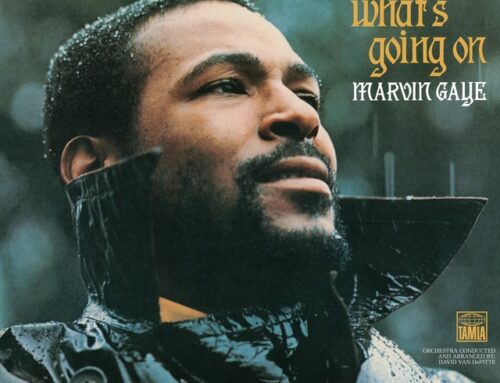Meta calls €200M pay-or-consent fine ‘unlawful’
July 3, 2025
Meta has come out swinging following the European Commission’s decision that its pay-or-consent model falls foul of the Digital Markets Act (DMA).
In a post, the company stated: “This decision is both incorrect and unlawful, and we are appealing it.” It then cites previous judgments to support its argument that it should be permitted to display personalized ads to users who don’t want a paid subscription.
“Meta,” it said, “is the only company in Europe unable to offer both a subscription-based and a free ad-supported service. Instead, Meta is required to offer a free, reduced-ad service – less personalized ads – that leads to poorer outcomes for users, advertisers, and platforms.”
According to Meta, national courts and data protection authorities, including in France, Denmark, and Germany, have given “consistent support” for “business models that provide a paid subscription alternative to consent for personal data use for personalized ads.”
But not the European Commission, which handed down a €200 million ($228 million) fine for the Meta’s “consent or pay” ad model in April.
While the sum is a pittance compared to the piles of cash generated by Zuckerberg’s empire (AI notwithstanding), Meta has taken issue with the ruling. It said: “The decision mandates that Meta must offer a less personalized ads service for free, disregarding cost, impact, or effectiveness, and imposes a potentially unviable business model.
“This overlooks the commercial reality that, in a market economy, Meta deserves fair compensation for the valuable and innovative services that users choose to use – a principle essential to sustaining innovation and economic growth.”
Meta’s pay-or-consent model earned it considerable ire in Europe, and the Commission’s decision seemed all but inevitable. The Register asked the Commission to comment on Meta’s statement, but we have yet to receive a response.
The arguments seem set to run for a while yet, even as Meta has appeared to shoot itself in the foot with its criticism over an assertion that social media is “integral” to the daily lives of EEA citizens.
Many would say it clearly isn’t. However, rather than tinkering with the company’s pay-or-consent model, one option might be to simply ditch its services entirely.
A world without social media. What might that be like? ®
Search
RECENT PRESS RELEASES
Related Post



